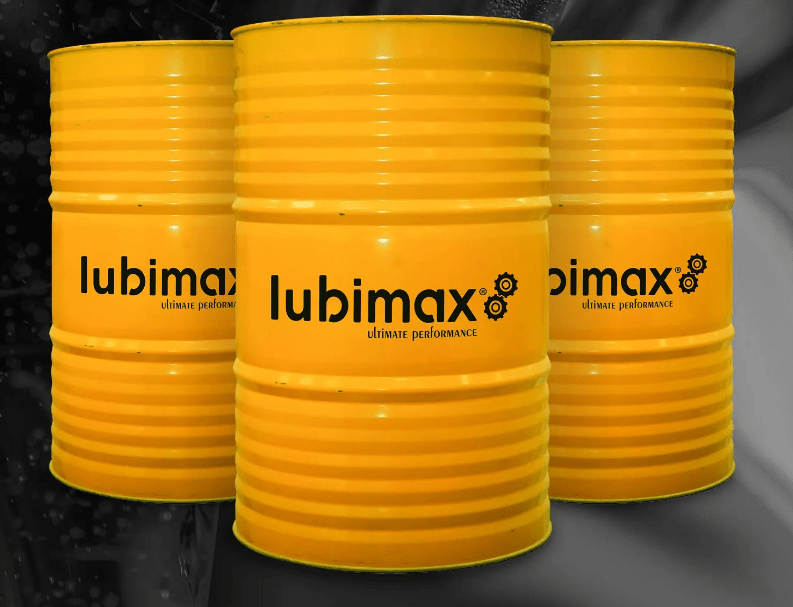Bio-Lubricant Scams and How to Spot Greenwashing in the Industry
Bio-lubricants are becoming more popular as people and businesses look for safer, cleaner options for machines and engines. These products are made from natural sources like vegetable oils instead of crude oil.
Many lubricant companies in UAE now offer bio-lubricants to meet the growing demand. But as the market grows, so do false claims. Some brands try to appear more eco-friendly than they really are. This is called greenwashing.
What Is Greenwashing?
Greenwashing happens when a company makes its product look better for the environment than it actually is. This can be done with smart marketing, words that sound eco-friendly, or labels that confuse buyers. In the world of lubricants, this can lead to buying a product that doesn’t perform well or isn’t truly natural.
Watch Out for Vague Labels:
Some products use words like “green,” “eco,” or “natural” without clear proof. These terms sound good but may not mean much. A real bio-lubricant should show how much of it is made from renewable sources. It should also list any tests or certifications from trusted organizations. If this information is missing, the product may not be what it claims to be.
Check for Real Certifications:
Trusted bio-lubricants are often tested by third parties. Look for labels from known groups that test for biodegradability, performance, and safety. If a product claims to be certified, you should be able to find the name of the group and check it online. If there is no way to confirm the claim, it may be false.
Ask About the Ingredients:
A true bio-lubricant will be open about what it’s made of. You can ask the supplier or look on the product sheet to see if it’s based on vegetable oils or synthetic ingredients. Some products only have a small amount of natural oil but still use the word “bio” in the name. This is another form of greenwashing.
Price Doesn’t Always Mean Quality:
Just because a product is more expensive doesn’t mean it’s better or more eco-friendly. Some companies charge more by using clever branding and packaging. Always ask for product data sheets and compare them with other options before making a choice.
The best way to avoid scams is to ask questions and read carefully. Many lubricant companies do offer real, high-quality bio-lubricants, but not all claims are true. By staying alert, you can choose products that are both honest and useful.
